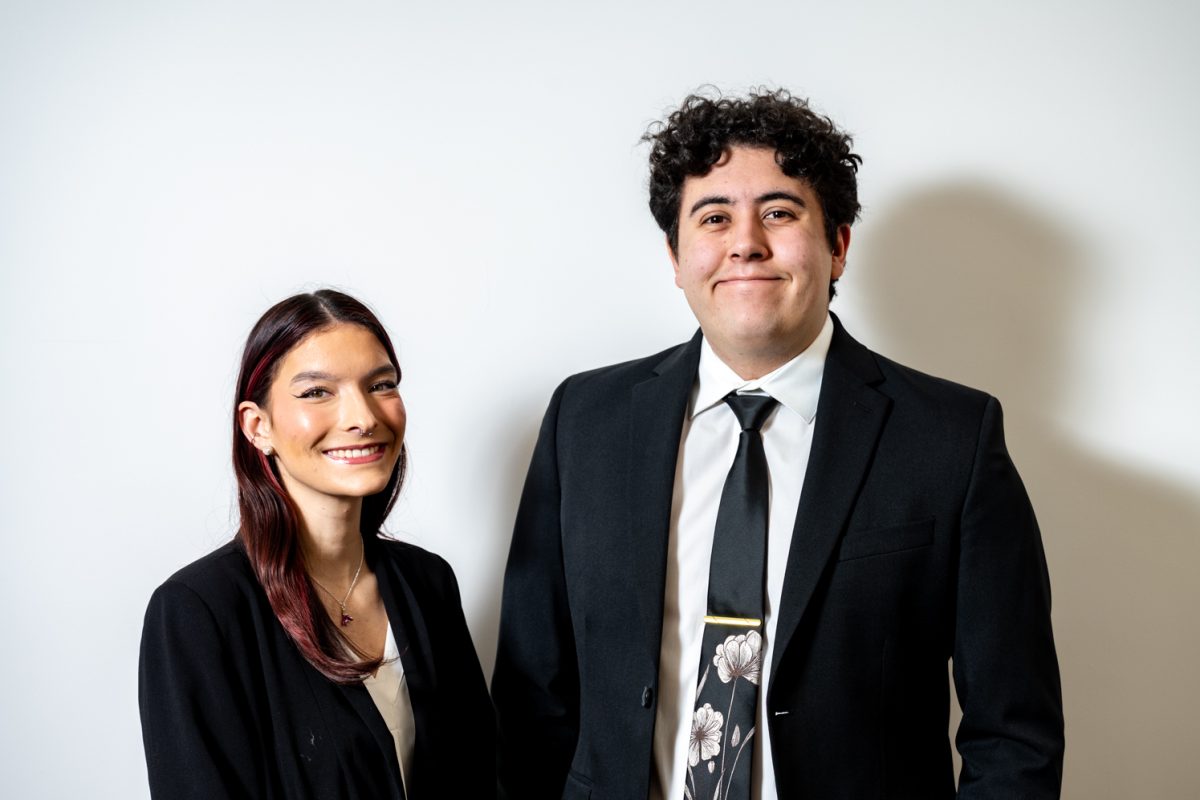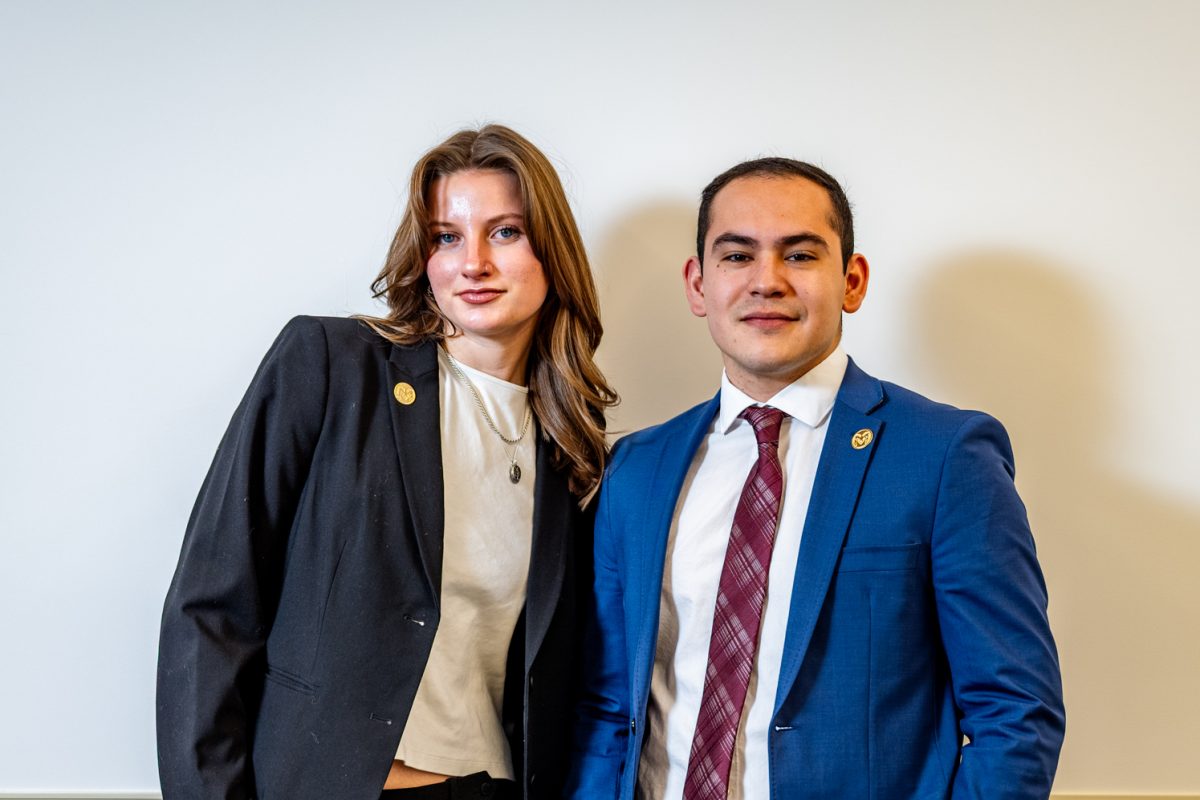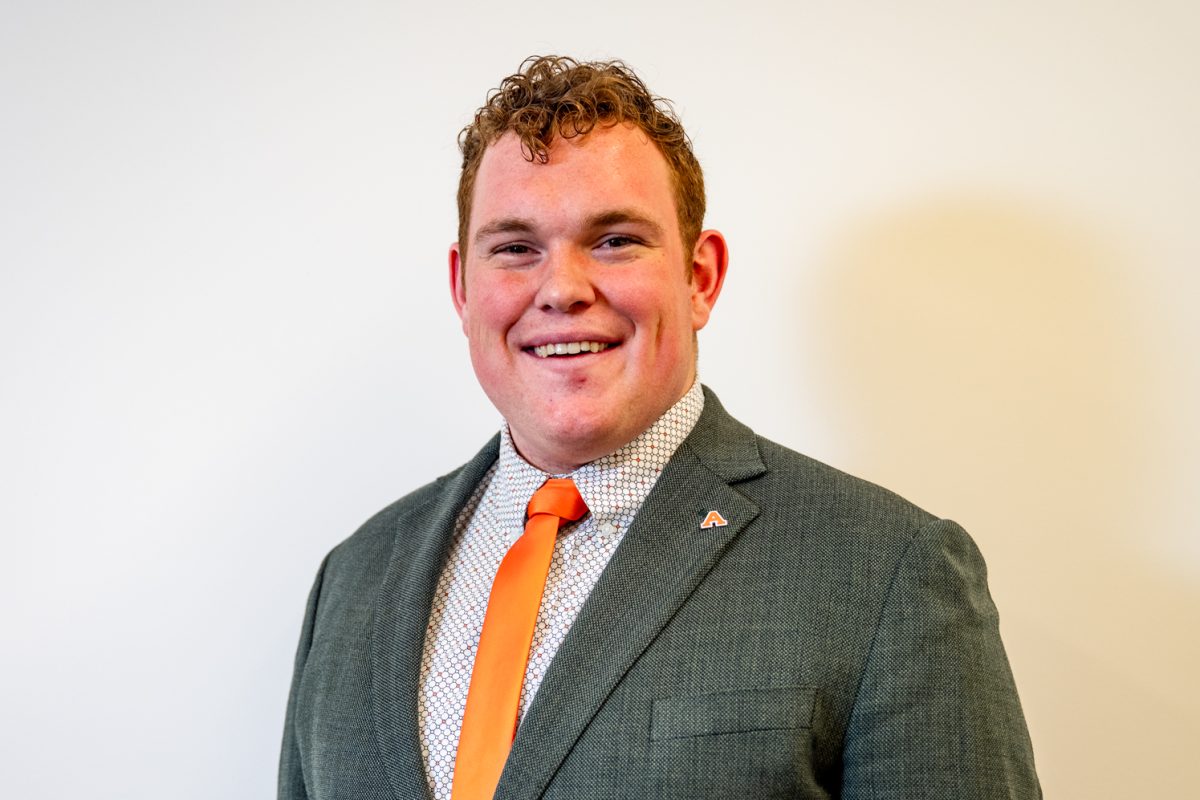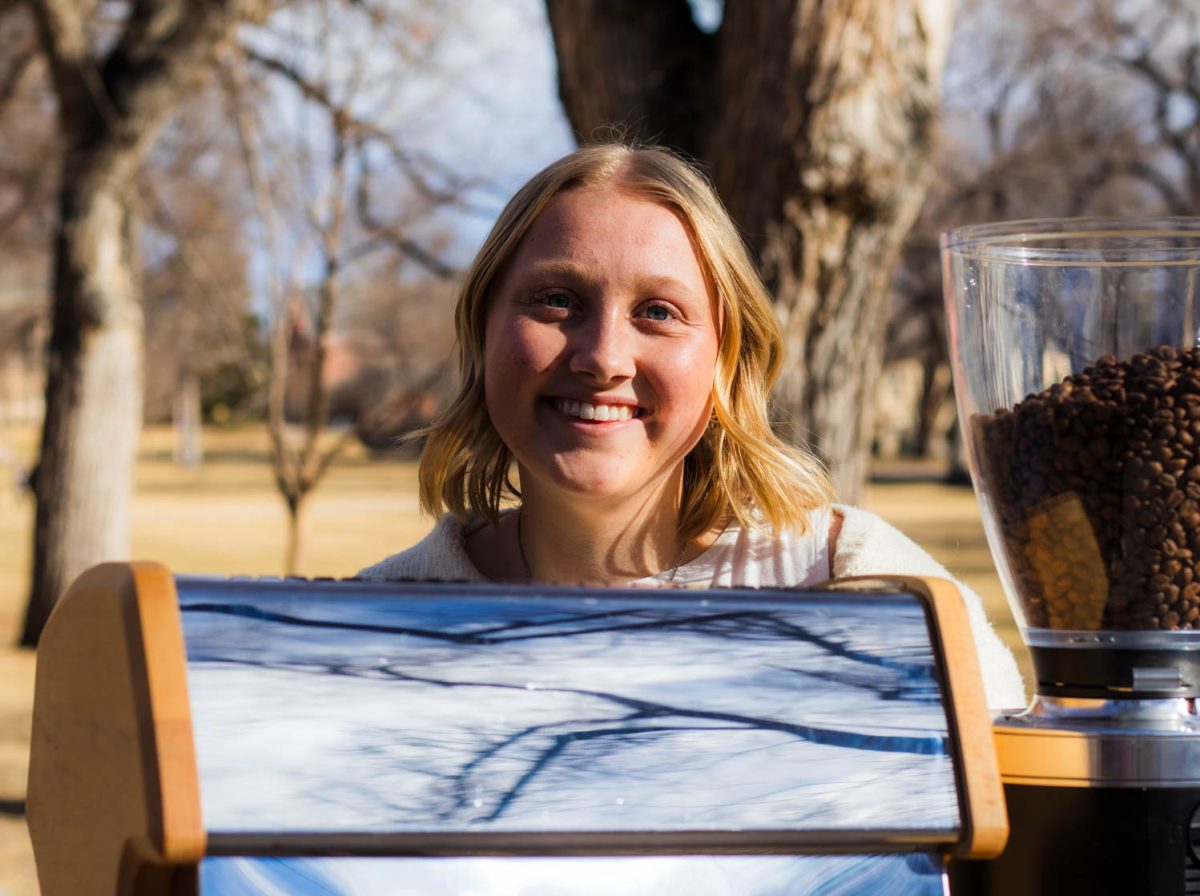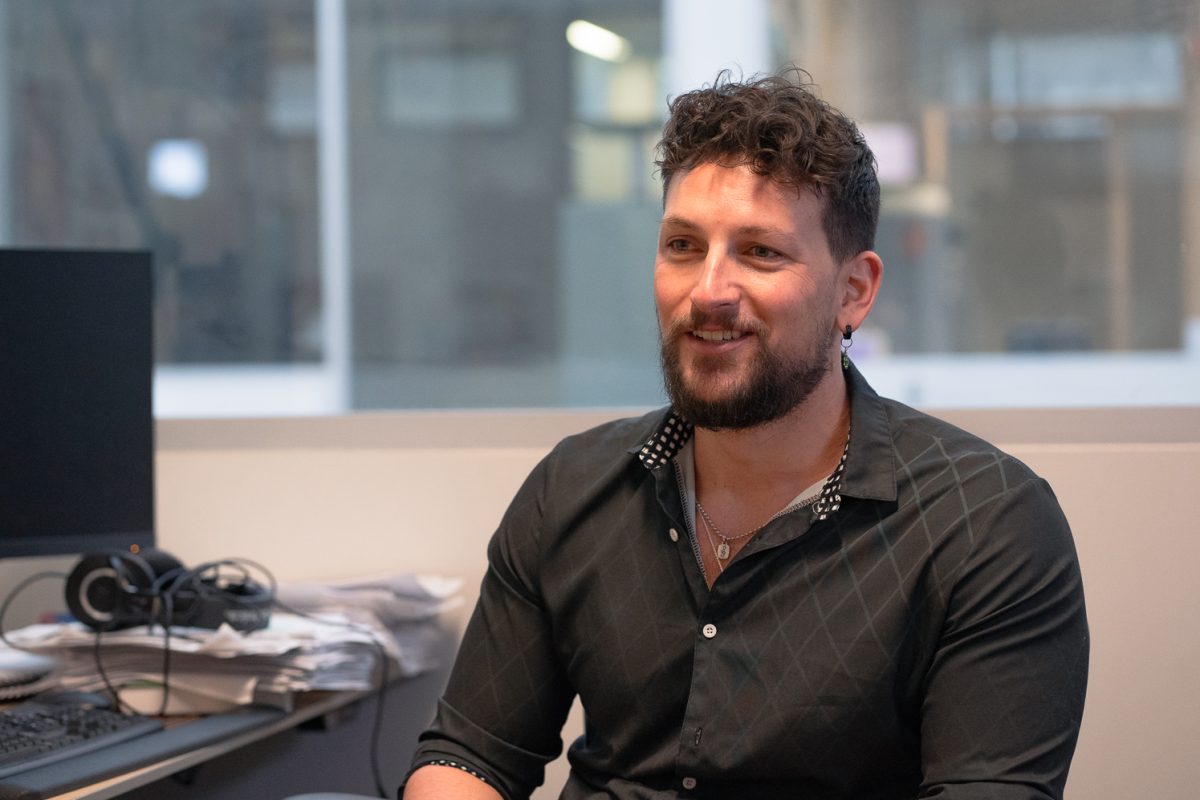
Within the first few weeks of classes, over 775 pounds of food waste have been processed by Colorado State University’s newest sustainability project.
The extensive renovation project that transformed the old Corbett and Parmalee dining halls into the Foundry also included the addition of a unique machine called a biodigester, the first of its kind at CSU.
The biodigester works like a mechanical stomach. It “digests” food waste by converting uneaten food into a liquid that is then flushed into the sewage system, a process that can supplement traditional composting.
Most often, CSU’s biodigester is referred to by its brand name, ORCA.
Lucas Miller, the associate director of residential dining, said ORCA can process over 50 pounds of solid food waste per hour.
“If you can eat it, ORCA can eat it,” Miller said. “Basically, it’s diverting a lot of the food waste we have in the kitchen from the landfill. It gets sent out as what’s called grey water.”
Despite the machine’s size of over 1,200 pounds, Miller said ORCA’s internal operations are relatively simple. Inside of the biodigester, there are small plastic pieces and a larger auger that spin around. When the trimmings or particles are put into ORCA, it sprays in water and micro-organisms that physically agitate them.
“Using that aerobic process over time, it will turn that solid material into a liquid that falls to the bottom of the machine,” Miller said.
Tonie Miyamoto, the director of communications and sustainability for housing and dining services, said University dining halls boast a food waste landfill diversion rate of 93 percent, meaning that only 7 percent of their compostable materials end up in a landfill.
Miyamoto said ORCA is intended to supplement this extensive composting program in the hopes of reaching a rate of 100 percent.
“We like being able to try different systems to see what are the pros and cons, which is more efficient, which is a better engagement in education tool for our students,” Miyamoto said. “(ORCA) is going to be part of multiple solutions. We have our used oil recycling, we have our composting, we have biodigestion and we have recycling, so it’s going to take multiple streams for us to get to zero waste.”
Biodigestion offers several advantages over traditional disposal methods, chiefly that it can happen on-site, Miyamoto said. Whereas composting requires food material to be transported six miles to CSU’s foothills campus, ORCA can operate directly inside a kitchen without the gasoline or carbon emissions of truck transport.
“Anything we process here, there was no additional fuel or resources needed,” Miyamoto said.
There are limits to biodigestion, and some items such as large bones, avocado pits and corn husks cannot be processed through the machine and must be composted instead.
But, Miyamoto said, since the machine has already processed over 775 pounds in just the first few weeks of operation, the University is considering installing additional machines in the other dining halls.
CSU composting intern Maggie Gilman, a senior human dimensions of natural resources major, said the addition of ORCA could help supplement the University’s current food waste disposal system, especially as the existing composting machine, nicknamed “Oscar,” nears the end of its operational lifespan.
“(ORCA) will definitely be able to take pressure off Oscar,” Gilman said. “It’s awesome that the new digester will be in place because there’s a lot of back-of-house waste that’s generated that Oscar can’t take. If we could help expand his life and process the waste right there in the building, then that’s an awesome way to go.”
Fran Letts, a CSU eco-leader and freshman human dimensions of natural resources major, said these kinds of additions are a part of what makes the CSU environmental program stand out.
“I think if it works well then it would be great to have them all over campus.” There’s always more improvement to be made,” Letts said. “Other campuses try to learn about what we do because we really have a lot of great different programs, not just the composting but all of the environmental things that we take into consideration.”
Mason Force can be reached at news@collegian.com or on Twitter @masforce1
















